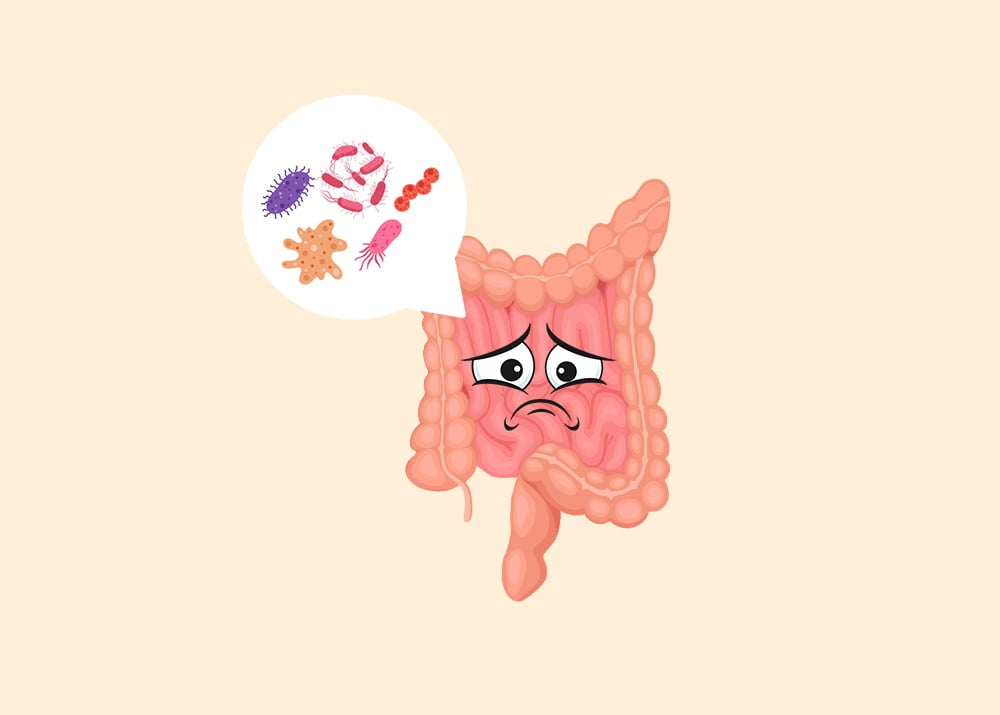We are kicking off week #2 of the root cause series by talking about digestive insufficiencies. If you missed the first week talking all about low stomach acid, click here.
So, what are digestive insufficiencies?
Digestive insufficiencies can include:
- Poor pancreatic output
- Poor stomach acid (which we already addressed in week 1)
- Poor liver detoxification
- Poor gallbladder function (or lack of a gallbladder)
The reality is, there are a lot of different organs that are involved in digestion and when one or more is not functioning correctly, it can cause issues downstream. For example, if someone has had their gallbladder removed and is not producing adequate bile (therefore, having trouble digesting fat), this will impact the absorption of fat soluble vitamins and can increase the risk of SIBO (small intestinal bacterial overgrowth.
What starts as a small issue can build into a larger problem down the road, leading to symptoms that are often hard to manage and feel very overwhelming and complicated. We need to be able to digest our food so that we can absorb and assimilate nutrients.
What should normal digestion look like?
Normal digestion occurs in the small intestine and in order to have “normal” digestion we need: pancreatic enzymes, bile and hydrochloric acid. To eliminate properly (AKA have a good bowel movement) we need: good motility, effective digestion and enough fiber and water.
The three main organ systems I want to address here are the pancreas, the liver, and the gallbladder.
Pancreas
We need our pancreas for many reasons including: digestion of fat, sugar and starch, to make hormones, and to help convert the food we eat into energy. The pancreas is impacted by stomach acid, so if you have low stomach acid (see last weeks blog), this could impact your pancreatic output.
Liver
The liver is our body’s sewage system and is also responsible for making bile, which helps us to digest fat. When we are eliminating waste properly, it allows for proper bile flow. Without proper liver function, the body’s waste management system can get overburdened and fat digestion will be impacted.
Gallbladder
The gallbladder stores bile and surges bile when you eat a meal that has fat. Without a gallbladder you do not get the “surge” of bile that you would normally get, which can impact fat digestion over time.
Some signs of digestive insufficiencies
- You have trouble tolerating meals that have fat
- You see oil droplets in the toilet
- You cannot tolerate meals with protein
- Fiber and carbohydrates make you bloated
- You struggle with fatigue and energy imbalances
- You easily get rashes and hives
- Frequent gas and bloating
- Abdominal pain
- Frequent diarrhea
- Nausea or vomiting
- Pale colored stool
What you can do to address digestive insufficiencies:
Diet recommendations
- Include adequate protein in your diet
- Include plenty of polyphenols from fruits and vegetables
- Consume broccoli sprouts daily
- Add in bitter foods like arugula, dark chocolate and dandelion greens
- Optimize stomach acid levels
- Drink dandelion root tea
Lifestyle recommendations
- Sweat regularly
- Take epsom sat baths
- Get 8-9 hours of sleep
- Have a positive mindset (this matters more than you think!)
- Get your bowels moving (VERY important!)
Supplement recommendations that may be applicable
Do not implement any of these without consulting a health practitioner first
- Digestive Enzymes
- Oxbile
- Digestive Bitters








